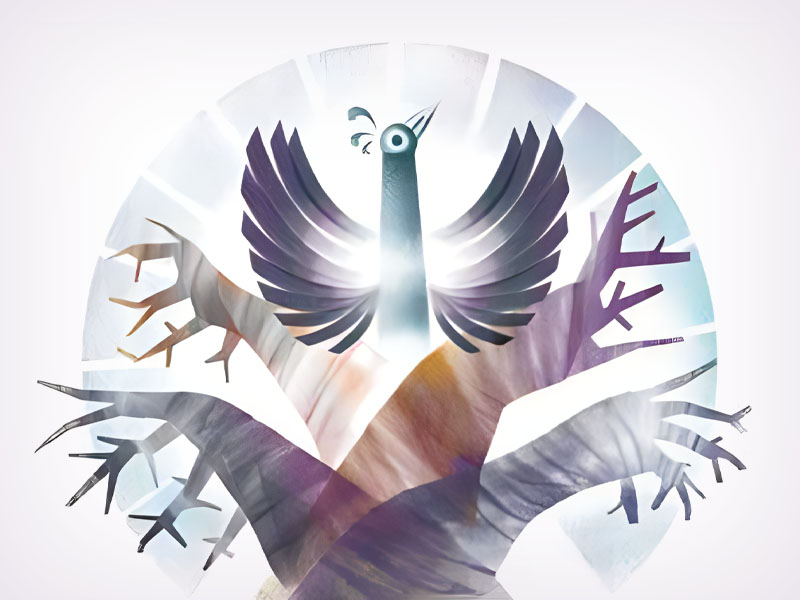Folk beliefs and the ways in which they are manifested
Issue 42

By Professor Atif Atiyah, scholar, Lebanon
Throughout the world, ever since man learned about nature, it has haunted his feelings and senses, and the Arab man is no exception. People’s feelings about nature played a great role in stimulating their imaginations, and they led man to try to explain different phenomena in order to protect himself from harmful creatures and things, and to adapt and interact with them. His understanding of nature encouraged him to work to create stability and security. Man has struggled to determine the nature of his relationship with water, plants, the weather, animals and all that he has ever attempted to control.
When man was working to secure his safety and the safety of the group as a member of a small family or clan, he tried to understand and interpret his surroundings and to develop means to protect himself and his community. Gatherings became very important to Homo sapiens.
Initially, knowledge belonged to the tribe’s wise men or magicians, then knowledge became something that people used every day, and this type of knowledge was passed down through the generations. It included strong beliefs that can be considered facts and that should be protected, because knowledge helps to reduce fear and to provide security and reassurance.
Knowledge alone is not enough, so man adopted other ways to interact with nature. This leads us to folk beliefs, which have existed since ancient times among various peoples including Arabs.
Folk beliefs can be classified into two types: Beliefs about natural phenomena such as the creation of the world, the mountains, the trees, the stones, the sun, the moon, water, the snake, and beliefs about other living creatures, both good and bad. Beliefs about living and non-living things played an important role in human life.
The second type is beliefs about human actions, which helped man to understand the world around him and gave him the ability to adapt, interact and confront. His actions protected him against potential hardships and evils. Other actions include rituals intended to prevent disease, those that promote healing and happiness, and those that increase the resources needed to live and enjoy the world.
Both types of folk beliefs are based on special relationships among people and relationships between people and their God, who is known for his superior abilities.







































































